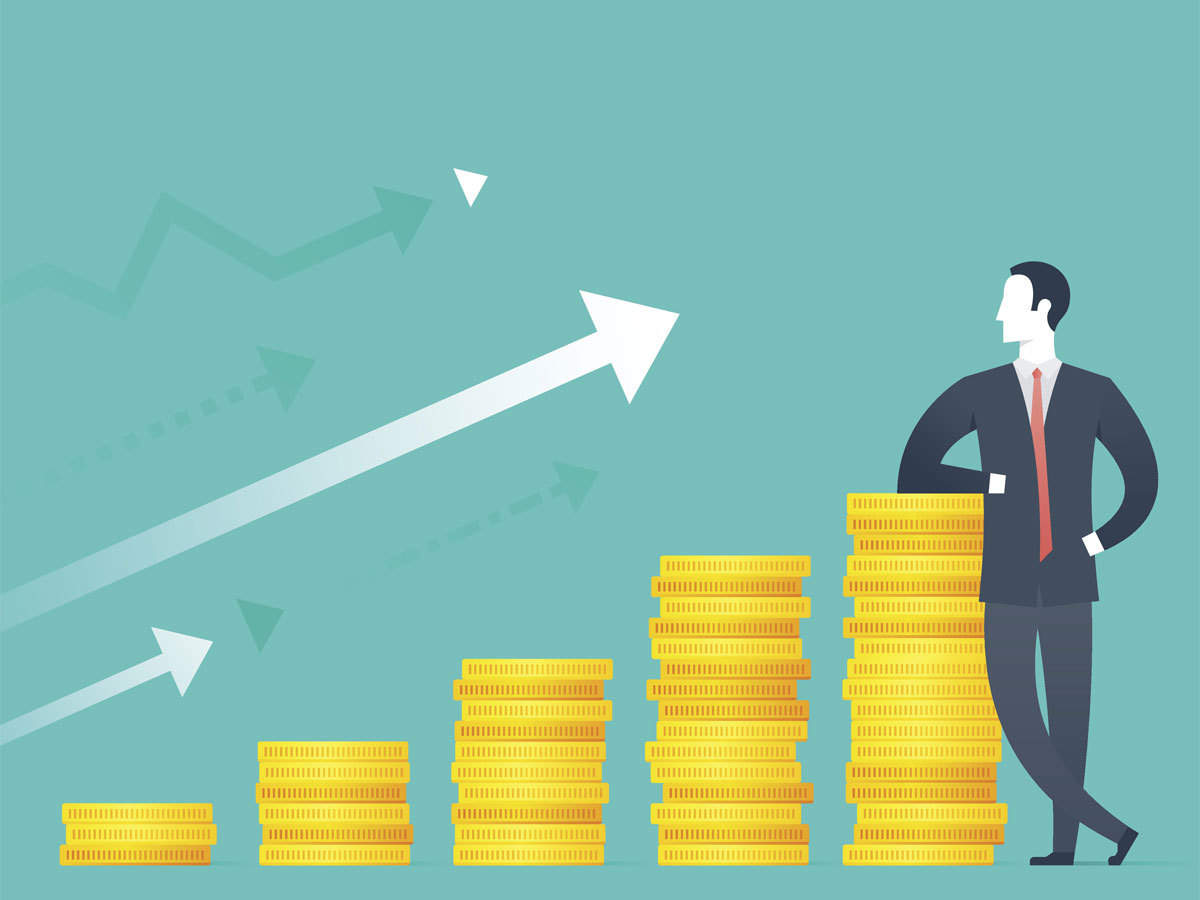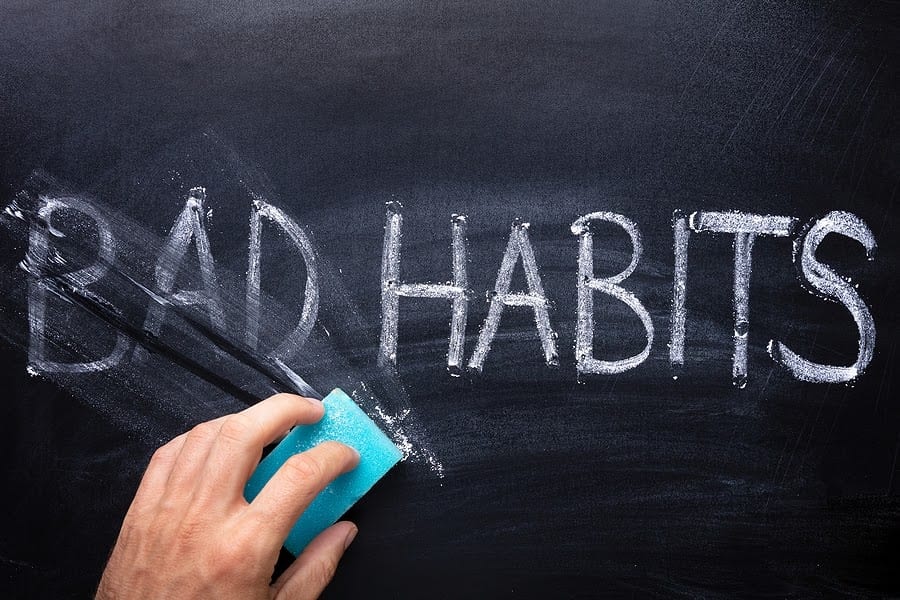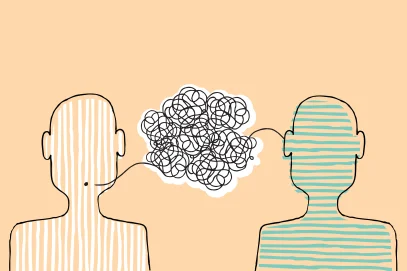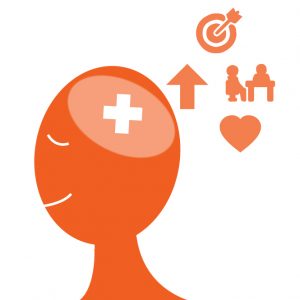I learned something useful last year: that people’s personalities can be sectioned into one or two out of the five major personality traits. I’ll get into why this has been a useful discovery soon, but to continue, the types are neuroticism, extroversion, agreeableness, openness and conscientiousness.
Over the course of your life, you’ve probably been confused or frustrated over why some people behave in certain ways. I believe personality is one of the major answers to this question, along with life experience: all the way from the attention you receive as you’re raised, to unresolved personal trauma. Finally, hormones tie in as another contributor. I think the following could help you understand people’s behaviour better, which, by extension, could potentially improve the connections and relationships you have.
Personality and Perception
As you get older, you begin to understand how we’re different from one another – in terms of personality. Some are extroverted and always need to be around others to feel good, whereas some might be more closed in and prone to neurotic feelings. This is one of the ways we categorize each other, but it doesn’t usually stop people that are different from becoming friends.
It gives someone the chance to learn from someone else who behaves in ways that are different from their own, which might add value. For example, if someone isn’t structured in their life but needs to be, learning from a conscientious person would help. If someone is too agreeable and is becoming frustrated with how others walk all over them as a result, learning from a disagreeable person would help them become more assertive. In this sense, differences are important, and being cognizant of such differences also helps you understand people’s behaviour.
On that note, there are probably still times in which you’re not aware that someone’s personality affects how they act or react. And in neglecting this awareness – whether purposefully or not – you might end up judging what they said or did because you simply don’t understand (or do understand but are choosing to be wilfully blind). Assuming it’s the former reason, your judgement is also biased because your own personality affects how you perceive others.
I’ll give you an example: I have a Jamaican friend who I invited to the Italian celebration parade in Woodbridge after Italy won the European Cup in 2021 (I’m Italian on my Mom’s side). He declined the invitation, and the reason was because an Italian celebration “isn’t his scene”. One thing about me is that I’m a pretty open person, all things considered, so this made it hard for me to understand why he said no. It actually kind of offended me if I’m being honest. If I were invited to a celebration of another culture I’d accept (this actually happened in 2022 when I was invited to a Caribbean festival called Carabana) because openness is a part of my personality. It was only in hindsight that I understood my friend is less open to experience than me; and I was naive to think that all people are like me in this sense.
Another parallel to draw (which is relevant to today’s landscape) is if a naturally neurotic person goes through constant bouts of isolation and feeling depressed. Typically those who are low in negative emotion are the first to cast judgement on people who act this way; and it’s simply because they can’t relate.
Hormones
Another factor worth mentioning when considering behaviour in people is hormones. It seems obvious, or maybe not to some, but heathy or unhealthy hormone levels can be indicative of how others behave.
From the male side, just look at what happens if a man neglects his diet, sleep, exercise and discipline with regards to dopamine. I can attest that living unhealthily like this is an easy way to become more reserved, more depressed, less energetic and less driven in both a cognitive and sexual sense. All because testosterone levels have dropped. Men that are exhibiting these signs can be described as behaviourally different, whether by close friends, family, coworkers or women.
On the flip side, a man who is engaged in his responsibilities, and shows less negative emotion is likely on the opposite end of the tesotsterone spectrum. Women will notice a satisfactory sex drive; friends and family may notice an upswing in positive emotion and confident body language; coworkers may notice more attention to detail and quality output, and all of these parties, including that man himself, will notice a more driven, masculine presence.
There is also a positive correlation between testosterone, aggressiveness and dominance. Dominance of course being the more socially acceptable trait. Studies conducted on socially dominant, non-aggressive prisoners (an extreme but relevant example) concluded that they had high plasma testosterone levels, however the aggressive inmates surpassed them in that category. In the right situations, though, this trait could come in handy. If you’re cornered somewhere and flight is out of the question but fight is the only option, aggressiveness might prove to save your life.
Generally, the same behaviour typical of men with low testosterone can be seen in women with low estrogen. Withdrawn body language and poor social engagements are common as a result of more depressed, anxious and irritable feelings. Masculine characteristics and behaviour would likely be seen if testosterone levels overturned estrogen.
When e-levels are high in women (though this varies from person to person), this can lead to improved mood, increased energy levels and internal feelings of well-being – which translates to more positive social engagements. I want to add that healthy or unhealthy hormone levels are one of the more subtle indicators that help you understand people’s behaviour; unless there are obvious signs, such as a man who lacks any muscle, has a higher-pitched voice and exhibits no masculine behaviour.
The Impact of Nurture
It’s absolutely the case that the way someone is raised influences their behaviour later in life. This includes, most importantly, the level of attention received in your younger years by parental figures. Evidence suggests that inadequate care during the first few years of life will turn a child antisocial and hostile, which continues as the child ages. Eventually, these types are more likely to become societal outcasts and criminals.
In his book The Body Keeps the Score, Bessel van der Kolk says, “The more responsive the adult is to the child, the deeper the attachment and the more likely the child will develop healthy ways of responding to the people around him” (van der Kolk 112-113). Here’s a link to the book; I recommend reading it for a deeper dive on trauma. He also credits a man named John Bowlby, a renowned psychiatrist, for creating what’s called attachment theory – the notion that developing a relationship with at least one parent serves as a foundation for normal socialization in later years.
So consider this when you come across people that are not as integrated into society as typically seen, whether it was someone at school when you were a kid or someone on the street passed out later in life. I see this as one of the definite markers that will help you understand people’s behaviour.


Then there are the always important factors of environment and trauma. These components play their own roles within the broad spectrum of nurture, and sometimes they’re interlinked. The environment someone is raised in could very well be the source of that person’s trauma.
A study for Adverse Childhood Experiences (ACE) presents a questionnaire that delves into possible scarring events that people might have been subjected to as kids. The data from participants concludes that if the ACE score exceeds 4 for someone (10 being the highest a person can rank), they are more likely to be chronically depressed as adults; with other high-risk behaviours being smoking, obesity, unintended pregnancies, multiple sexual partners, and contraction of STI’s.
Sources
- Giammanco, M. (2005). Testosterone and aggressiveness. Medical Science Monitor, 11(4). RA136-145.
- Morgan, M.A., Schulkin, J., Pfaff, D.W. Estrogens and non-reproductive behaviors related to activity and fear. (2004). ScienceDirect, 28(1), 55-63. https://doi.org/10.1016/j.neubiorev.2003.11.017
- van der Kolk, Bessel. The Body Keeps the Score. Penguin Books, 2014.












